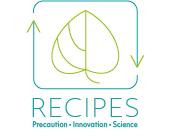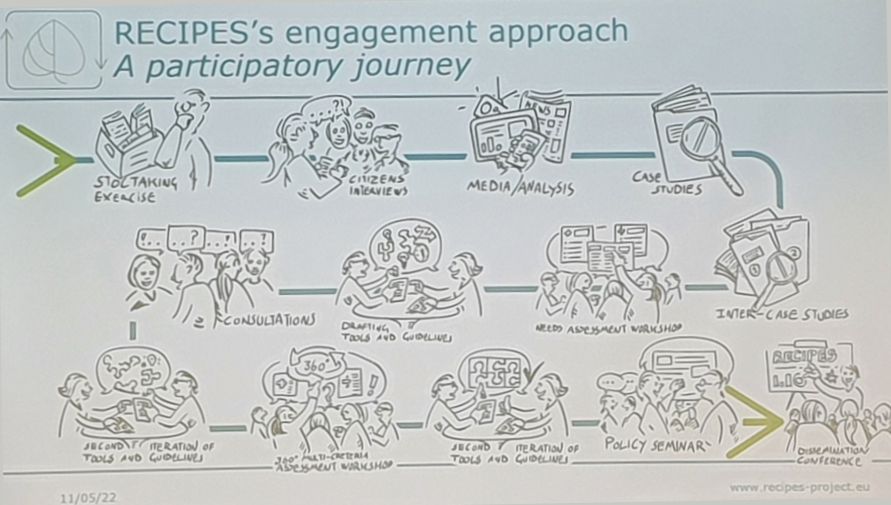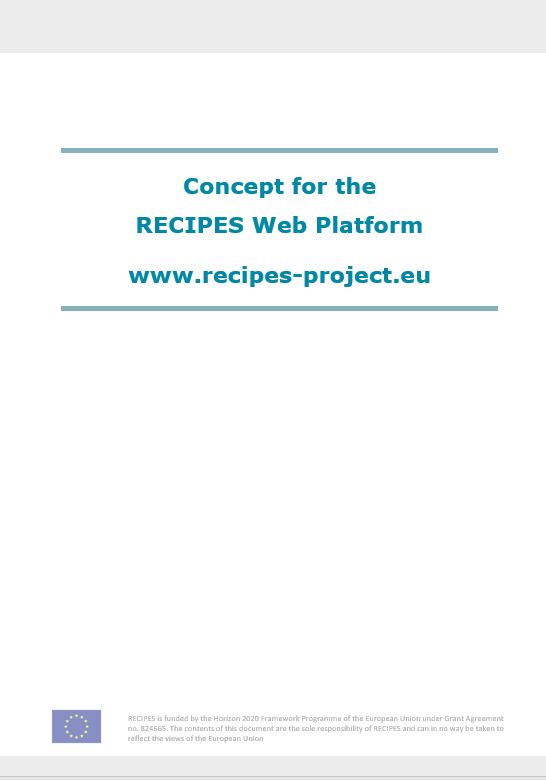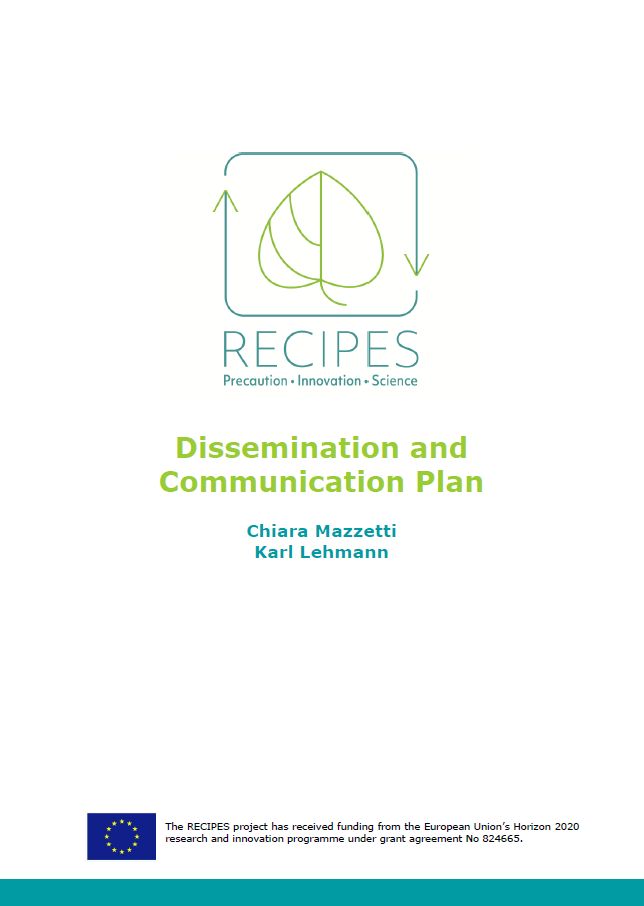
Reconciling Science, Innovation and Precaution through the Engagement of Stakeholders (RECIPES)
- Project
- Research Program
- Duration
-
-
How do we take sound decisions on new or emerging technologies? The RECIPES project (REconciling sCience, Innovation and Precaution through the Engagement of Stakeholders) aims to develop new tools and guidelines to ensure the precautionary principle is applied while still encouraging innovation. RECIPES will consider a number of concerns and broaden the basis of participation by engaging with citizens and stakeholders in the co-creation of new tools for innovation and precaution. The objective is to address and reduce societal controversy while helping policymakers and other stakeholders to assess risks and uncertainty and applying the precautionary principle taking into account innovation.
The development of GMOs, nanotechnology and neonicotinoid insecticides presents opportunities for humans and the environment, but it can also carry risks. Decisions on their promotion or regulation are often to be taken in situations of uncertainty.
The precautionary principle allows decision-makers to act despite such uncertainty, but ties them to the available scientific evidence and careful evaluations.
Although the principle is at the core of EU environmental law, opinions on its application are divided. To some, the principle guides decision-makers faced with unacceptable risks, scientific uncertainty and public concerns; to others it has been criticised for hindering technological innovation and progress.
In order to fully grasp the complexity and the controversies around the precautionary principle, RECIPES will first look at how the principle has been implemented since 2000 to examine its policy impacts. Eight case studies will help to understand and explain the potential differences in the application of the principle in the different cases. The project will produce different scenarios for the future application of the precautionary principle in the development of law and governance relating to new and emerging technologies. Various stakeholders will be involved in the development of new tools for innovation and precaution. The project will develop guidelines to help policy makers and other stakeholders to assess risks and uncertainty and allow decisions to be made on a case-by-case basis.
The RECIPES website provides an overview of the project objectives, structure and partners as well as events and news related to relevant project results. Reports, policy briefs, factsheets, recommendations and newly developed tools for policy makers will be regularly promoted on the website. Ecologic Institute is responsible for the concept, design, programming and update of the website. User can directly subscribe for the mailing list.
The consortium entails a unique combination of 11 experienced partner organisations with a multi-disciplinary background from seven different countries, including: Maastricht University (UM), Universitetet I Bergen (UiB), Conoscenza e Innovazione (Knowledge & Innovation, K&I), Humboldt-Universität zu Berlin (UBER), Koninklijke Nederlandse Akademie van Wetenschappen (Rathenau Institute, KNAW), Dialogik Gemeinnützige Gesellschaft für Kommunikations- und Kooperationsforschung mbH, Danish Board of Technology Foundation (DBT), Applied Research and Communications Fund (ARC), Institute for Advanced Sustainability Studies Potsdam (IASS), Ecologic Institut and the Oesterreichische Akademie der Wissenschaften (OEAW).
The RECIPES project has received funding from the European Union's Horizon 2020 research and innovation programme under grant agreement No 824665. The project runs from 2019 to 2021.
More information is available at www.recipes-project.eu
Twitter handle: @RECIPESproject






